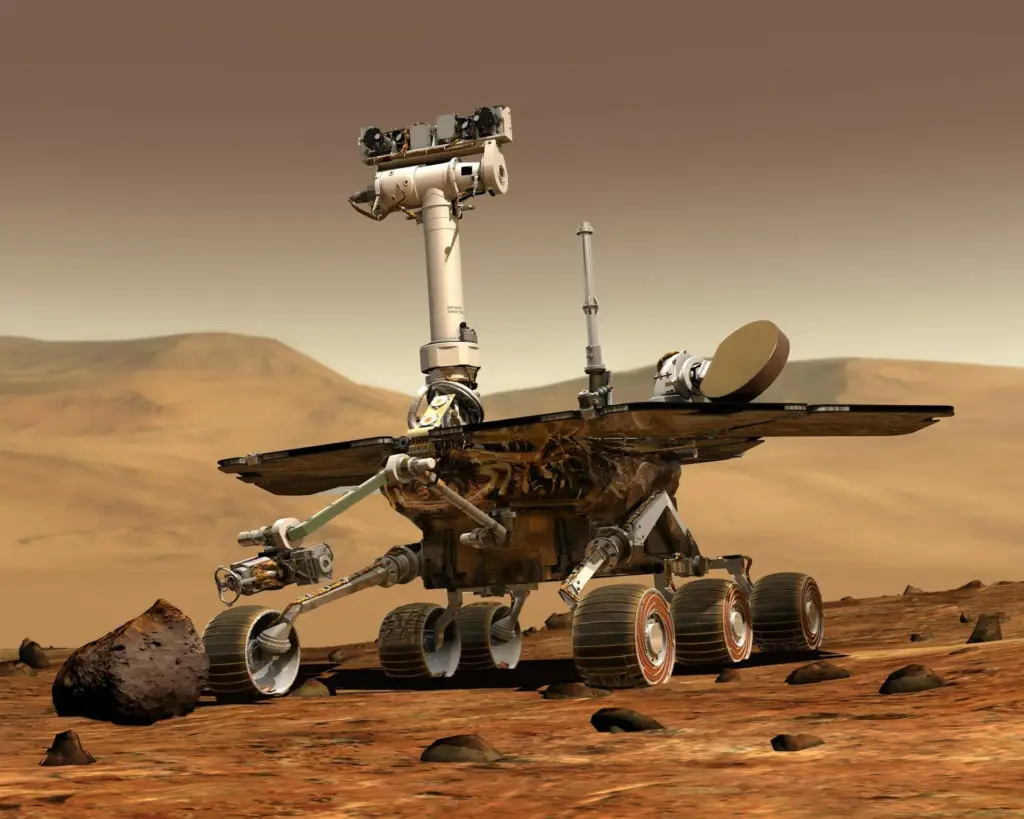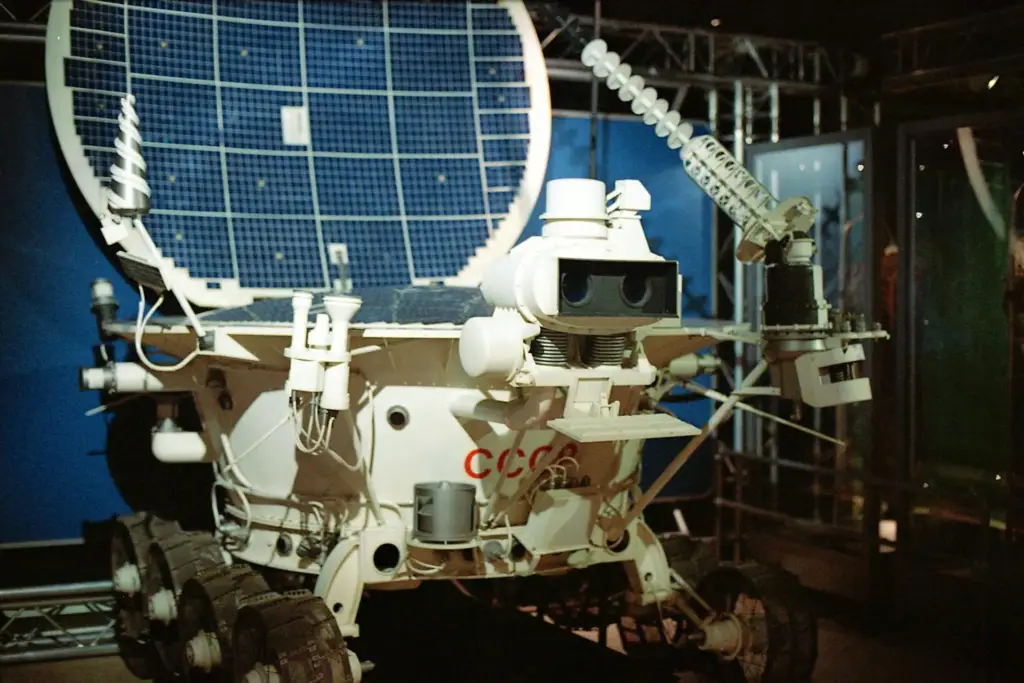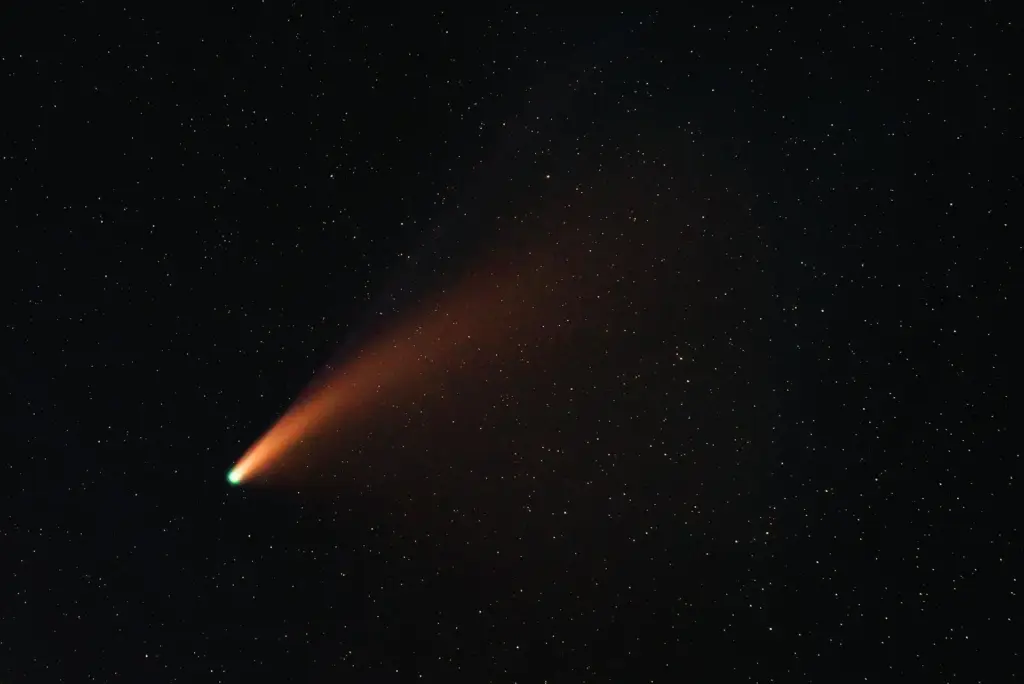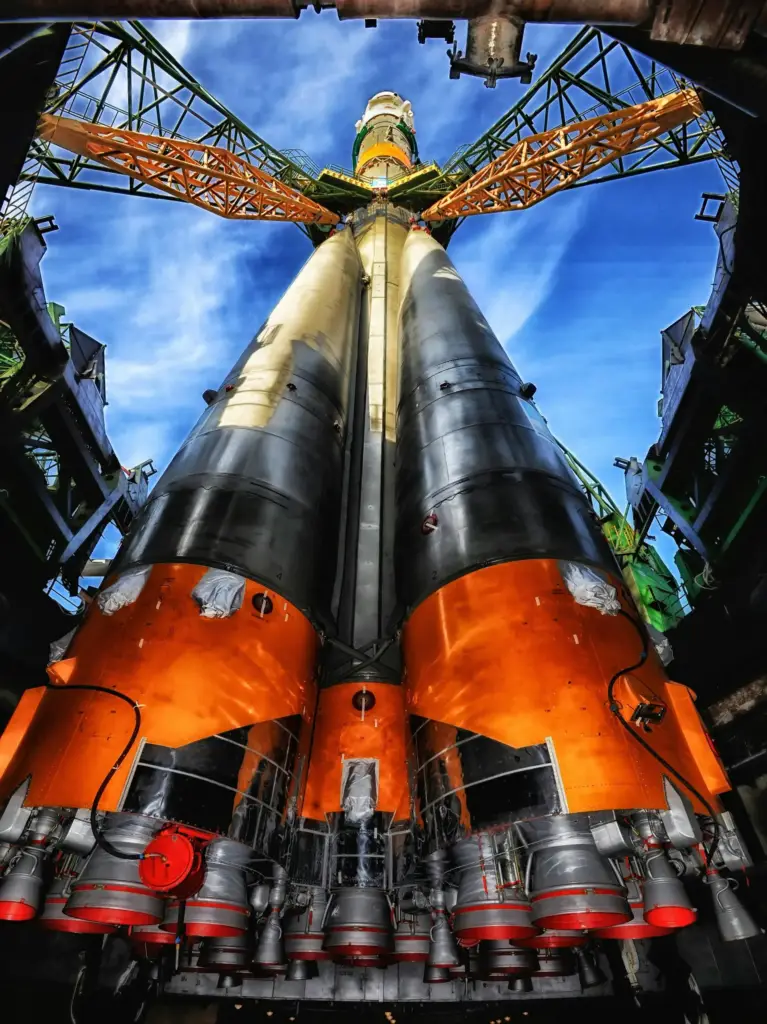The AI in Deep Space Exploration is revolutionizing the way we approach the vast and mysterious universe. Thanks to artificial intelligence (AI), interplanetary missions can move forward with greater precision, deeper data analysis, and more efficient explorations, without the constraint of waiting for long communications between Earth and spacecraft. From route planning to detecting patterns in cosmic data, AI is playing a key role in advancing our understanding of what lies beyond our solar system.
The Role of AI in Deep Space Exploration
AI in Deep Space Exploration enables spacecraft and rovers, such as those launched by NASA, to make autonomous decisions in real time. Being at such great distances from Earth, robots and probes cannot rely on immediate feedback from our planet. AI solves this limitation, allowing space teams to process large volumes of data and execute complex decisions without human assistance. On missions to Mars or distant asteroids, AI systems make it possible to detect patterns, analyze the environment, and even find possible signs of life, all autonomously.

AI-based tools for Deep Space Exploration
The AI tools in Deep Space Exploration include machine learning and image processing algorithms used to analyze the conditions and resources of celestial bodies. These algorithms can process images captured at high resolution and detect irregularities, geological formations or traces of chemical compounds. Tools such as computer vision algorithms can identify changes in terrain and rocks, generating maps that help scientists prioritize areas of interest for research.
One of the key applications is the use of neural networks to optimize route planning. In unfamiliar terrain, AI identifies the best route to move and avoids dangerous areas, such as cliffs or areas with high radiation exposure. These tools improve autonomous exploration capabilities, especially in long-range missions where communication signals take hours to reach Earth.

AI in Deep Space Exploration and Data Analysis
The amount of data generated in space exploration is immense. From information on atmospheric conditions to analysis of soil chemical composition, AI in Deep Space Exploration is essential to process this data quickly and efficiently. AI enables pattern detection in the data, which is key to understanding aspects such as the geological history of Mars or the possibility of finding water on the moons of Jupiter or Saturn.
Through deep learning, AI analyzes millions of data in real time and finds connections that would be impossible for humans to detect. For example, on the Mars mission, AI algorithms have been used to identify minerals that suggest the possible presence of water in the past, which is an indicator of favorable conditions for life.

AI Exploration of Asteroids and Comets
The AI in Deep Space Exploration is also playing an important role in the investigation of asteroids and comets. Information obtained from these celestial bodies can help answer fundamental questions about the origins of the solar system. In addition, AI is helping to study the composition of asteroids, identifying valuable elements that could be mined in the future for resource use on extended missions or even for space mining.

Challenges and Future of AI in Deep Space Exploration
Although AI in Deep Space Exploration offers great potential, it also faces challenges. Lack of resources and the need for systems that can operate flawlessly in extreme conditions require highly advanced technology. In addition, algorithms must be highly accurate, as one wrong decision could jeopardize years of mission preparation and investment.
However, the future of AI in space exploration is bright. With continued advances in AI, systems are expected to become even more autonomous and capable of making discoveries without direct human intervention. With these capabilities, AI promises to open new frontiers in the exploration of distant planets and stars, increasing our chances of finding life elsewhere in the universe.

A Look at The Cosmos
The AI in Deep Space Exploration is a powerful tool that is accelerating discoveries in the field of astronomy and space science. The autonomy of AI systems, the ability to process large volumes of data, and the ability to identify complex patterns are enabling scientists and space explorers to push the boundaries of what we know about the universe. As AI evolves, space exploration will become increasingly precise and deep, helping us to understand our place in the cosmos and possibly answer one of humanity’s oldest questions: Are we alone in the universe?

